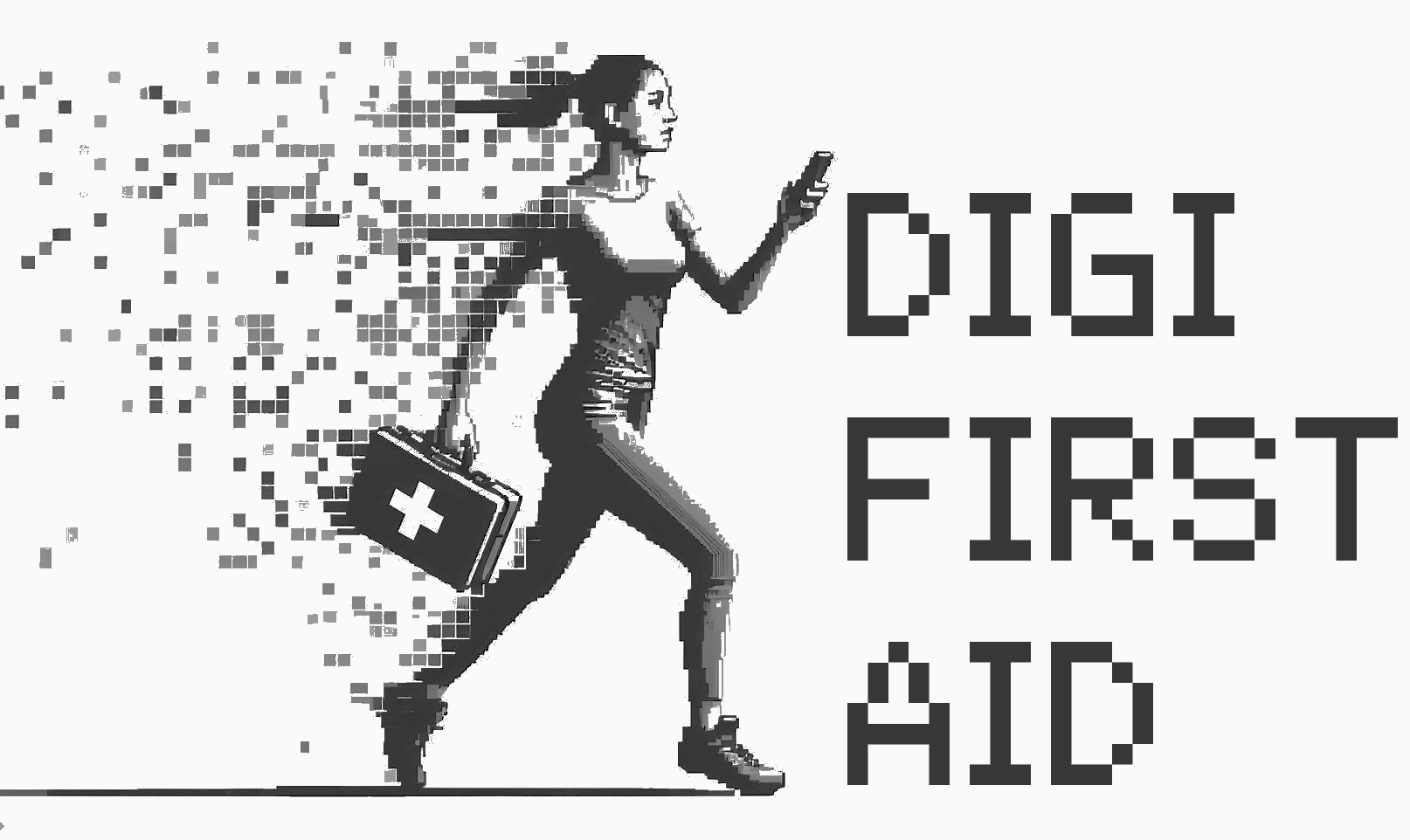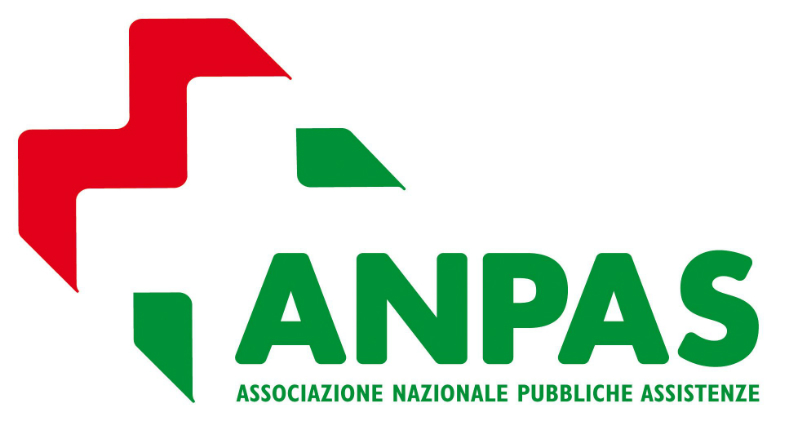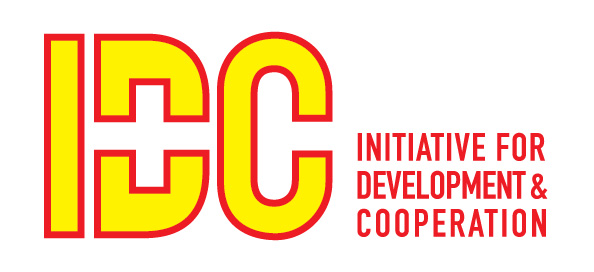Note on Lessons Learned: Landesrettungsverein Weißes Kreuz
Posted on |
For the White Cross, participation in the Erasmus+ project “DIGIFIRSTAID” was a welcome opportunity to reflect on and evaluate its own projects and activities in this direction and to gain new experiences. The exchange with the project partners and the discussions in the small groups were very valuable. The digital world and in particular its use in the field of first aid is on the one hand very exciting, but on the other hand often very intimidating when you realise how many resources are sometimes necessary to get a halfway good product.
The creation of videos, as presented by our colleagues from Latvia, reminded us of our own beginnings. At first, the implementation sounds very simple, but it is only possible with a lot of planning, good technical equipment and an adapted course framework. During the Covid-19 pandemic, people may have paid less attention to the quality of the course materials in this respect, but were instead happy to be able to offer courses in online format at all. As time went on, it became increasingly clear that first aid courses thrive on practical exercises and that this part is therefore essential. A good mix of theory, practical exercises in small groups, instructional discussions and case simulations will therefore remain essential for a high-quality first aid course in the future. ANPAS has shown through its experience with the course programme for volunteer helpers that training and further education are also possible in times of restricted mobility. The user-friendly design of the online presence and content is particularly important. It is also important to create platforms for instructors that they can fill with content without much technical knowledge and that are technically easy to use for course participants.
To summarise, I would like to say that future first aid training will certainly be enhanced with digital tools. The big challenge here is to use simple systems that support both the instructors and the course participants in the implementation and do not cause fear and anxiety. With this in mind, instructors need to be trained and supported even more in this direction so that they gain digital skills. Stable internet access and the corresponding hardware and software are a basic requirement, which is not yet the case everywhere. Virtual or augmented reality will certainly present a further challenge in the future in order to provide immersive experiences in the classroom. This would be an exciting expansion of expertise that could perhaps be pursued with a new project.














